Winners of the 2013 AIA Housing Awards
By Bustler Editors|
Thursday, May 16, 2013
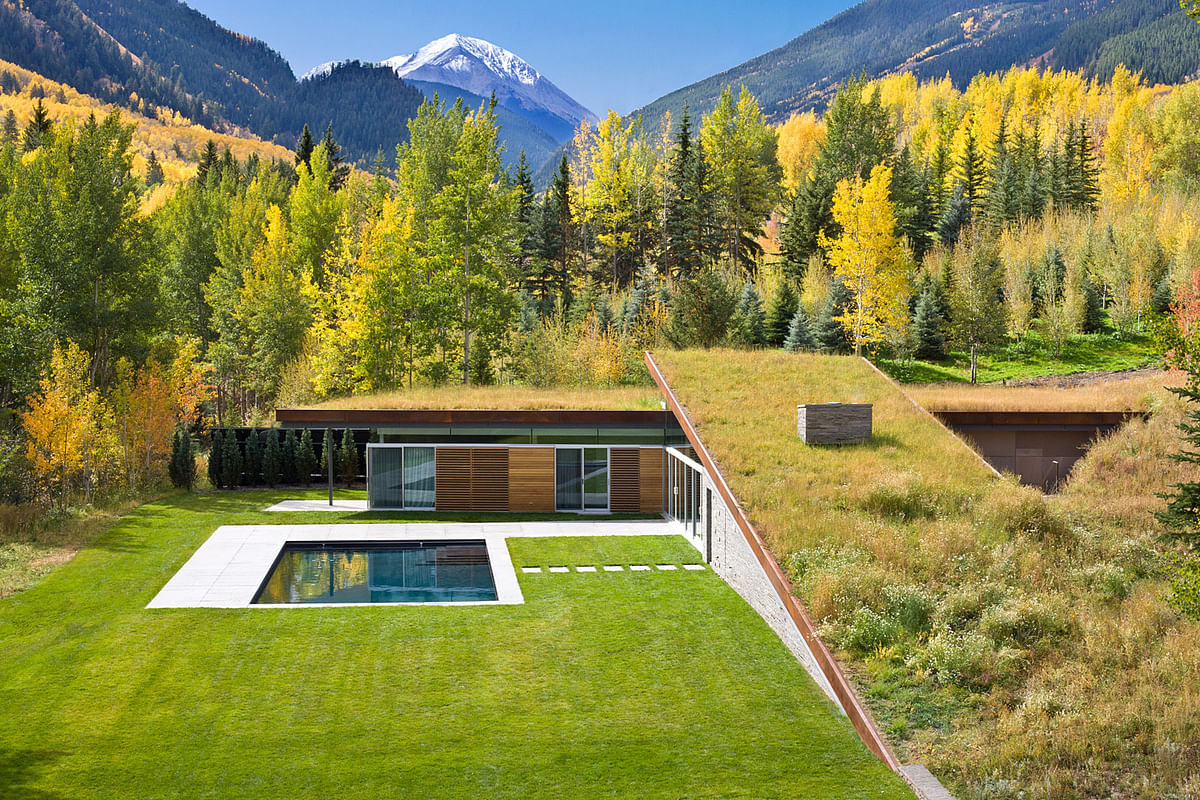
Related
Six residential projects have been selected as recipients of the 2013 AIA Housing Awards. The jury recognized projects in four award categories: One/Two Family Custom Housing, One/Two Family Production Housing (none selected this year), Multifamily Housing and Special Housing.
The AIA Housing Awards Program, now in its 13th year, was established to recognize the best in housing design and promote the importance of good housing as a necessity of life, a sanctuary for the human spirit and a valuable national resource.
This year's jury includes: Kathleen Dorgan, AIA, Chair, Dorgan Architecture & Planning; John Isch, AIA, RWA Architects, Inc.; R. Thomas Jones, AIA, California Polytechnic State University; Stephen Sharpe, Hon. AIA and Charles L. Travis, AIA, The Housing Studio, P.A.
One/Two Family Custom Housing
The One and Two Family Custom Residences award recognizes outstanding designs for custom and remodeled homes for specific client(s).
House in the Mountains; Colorado
GLUCK+
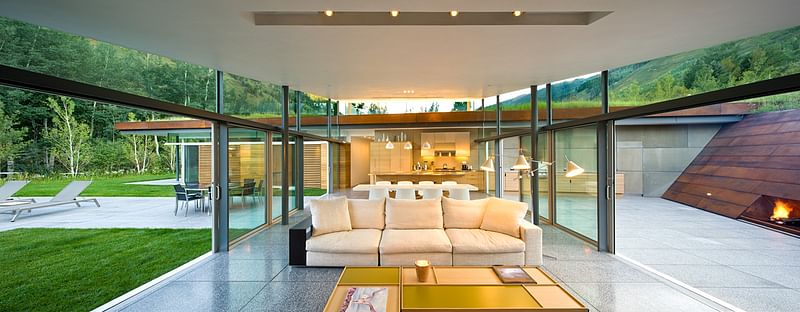
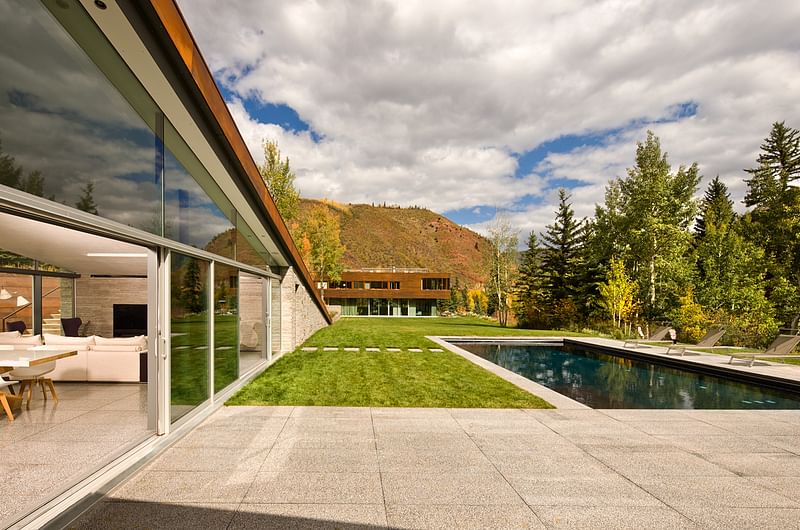
Roof planes appear as native mountain meadows, making the structure practically invisible from the road above. These green roofs not only provide a super-insulated envelope but also preserve and highlight the original view from the existing house. Continuous clerestory windows wrap around the interior, screening out the road and revealing a spectacular mountain panorama. This clerestory creates a completely daylit space, with lighting necessary only at night. Solar panels are incorporated in the building façade. A retaining wall, clad in Cor-ten steel and cement board, slices diagonally across the site, capturing one side of the solar courtyard and, on the other, forming a private sunken court adjacent to the main living area.
Eagle Ridge; Eastsound, Washington
Gary Gladwish Architecture
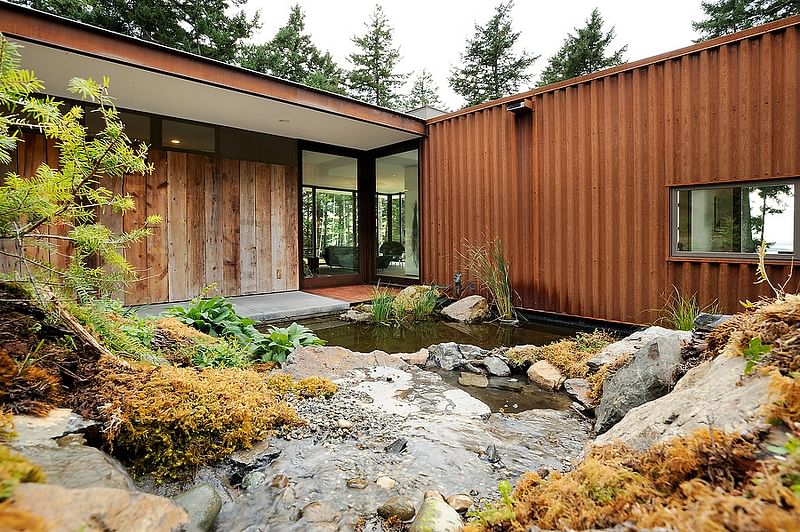
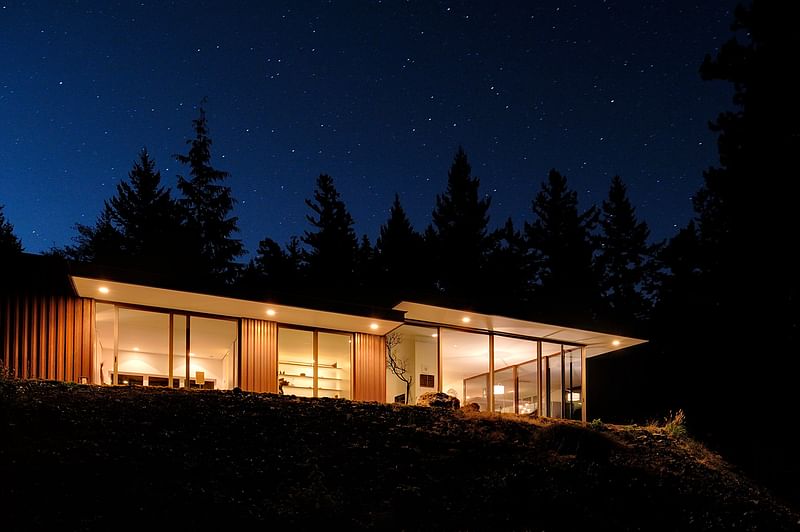
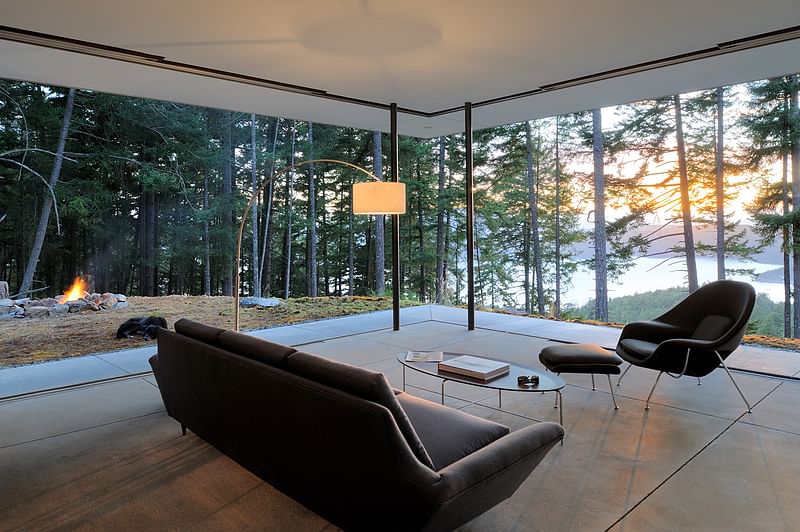
This project consists of a combined kitchen-dining-living area, study, master suite, art studio, and storage area, with the flexibility to add bedrooms or an apartment. To meet the client’s requirement that the house be highly efficient, it is constructed of structural insulated panels (SIPS). This method allows for a faster construction time, less waste generation, tighter construction, and better insulation. All the windows and doors are designed to surpass energy code requirements, and all of the lighting is either LED or compact fluorescent to reduce energy consumption. The siting and design of the house maximize passive solar benefits to reduce the energy load.
Halls Ridge Knoll Guest House; San Francisco, California
Bohlin Cywinski Jackson
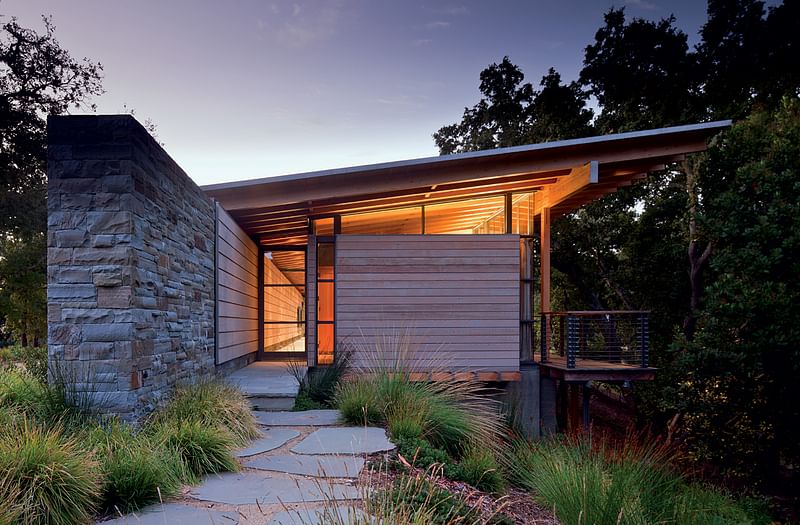
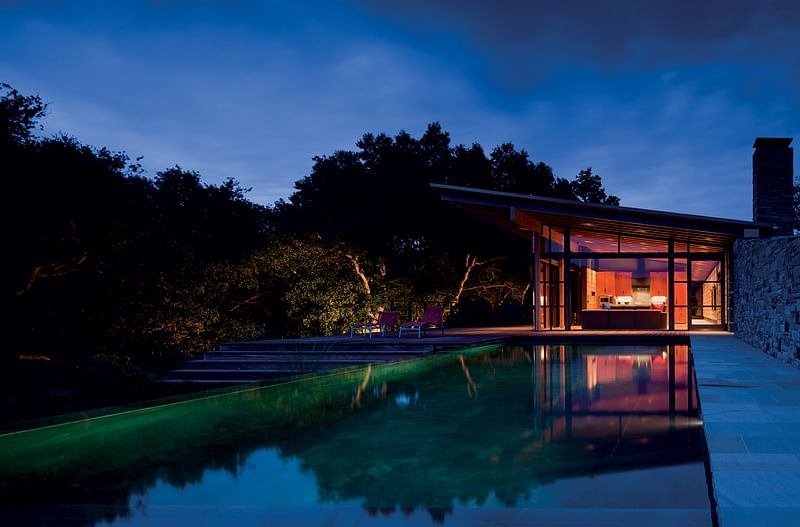
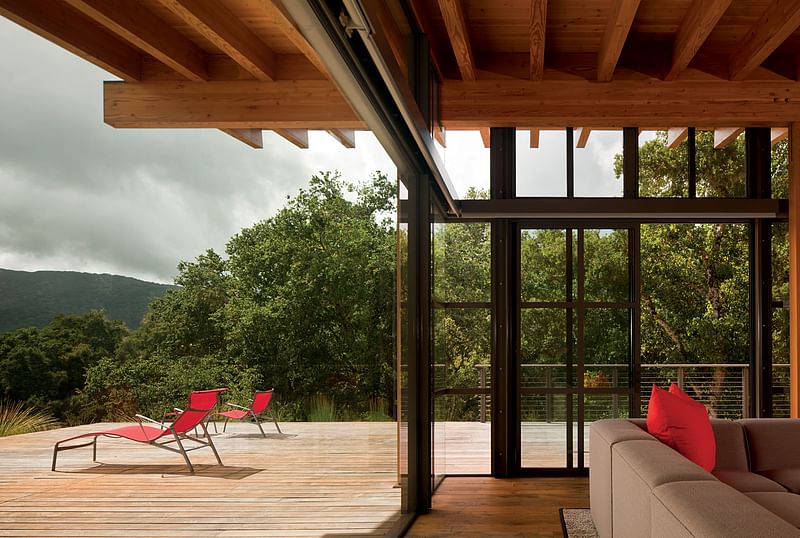
The building is carefully detailed in stone, timber, and glass to respond to the site’s rolling topography, a forest of ancient live oaks and manzanita, and panoramic views of the San Clemente Mountains and Los Padres National Forest beyond. A stone wall anchors the building to the sloping site and screens the house and pool. A simple timber-framed shed roof springs from the stone wall, supporting naturally weathered zinc roofing over cedar-clad volumes. Expansive windows provide natural lighting throughout the house, and a broad overhanging roof provides shade from the intense summer sun. Sliding doors and operable hopper windows throughout the house use the prevailing winds for natural ventilation, while also providing expansive views of the mountain range.
Lake View Residence; Austin, Texas
Alterstudio Architecture LLP
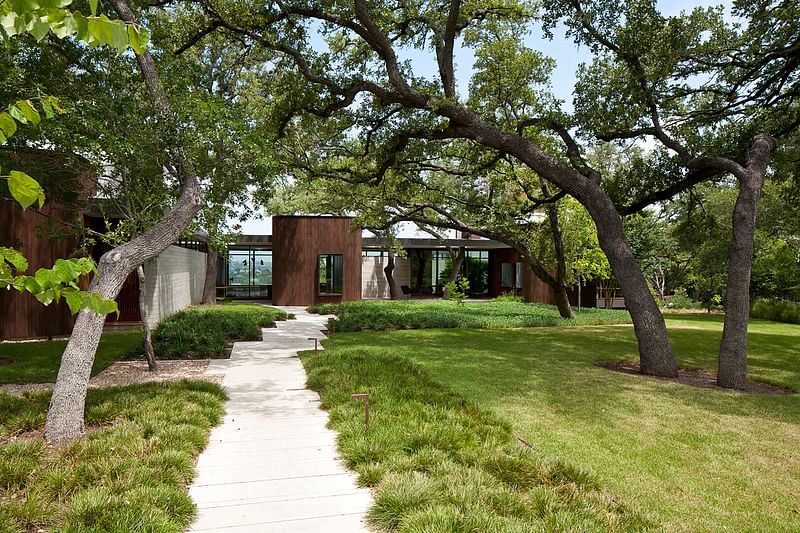
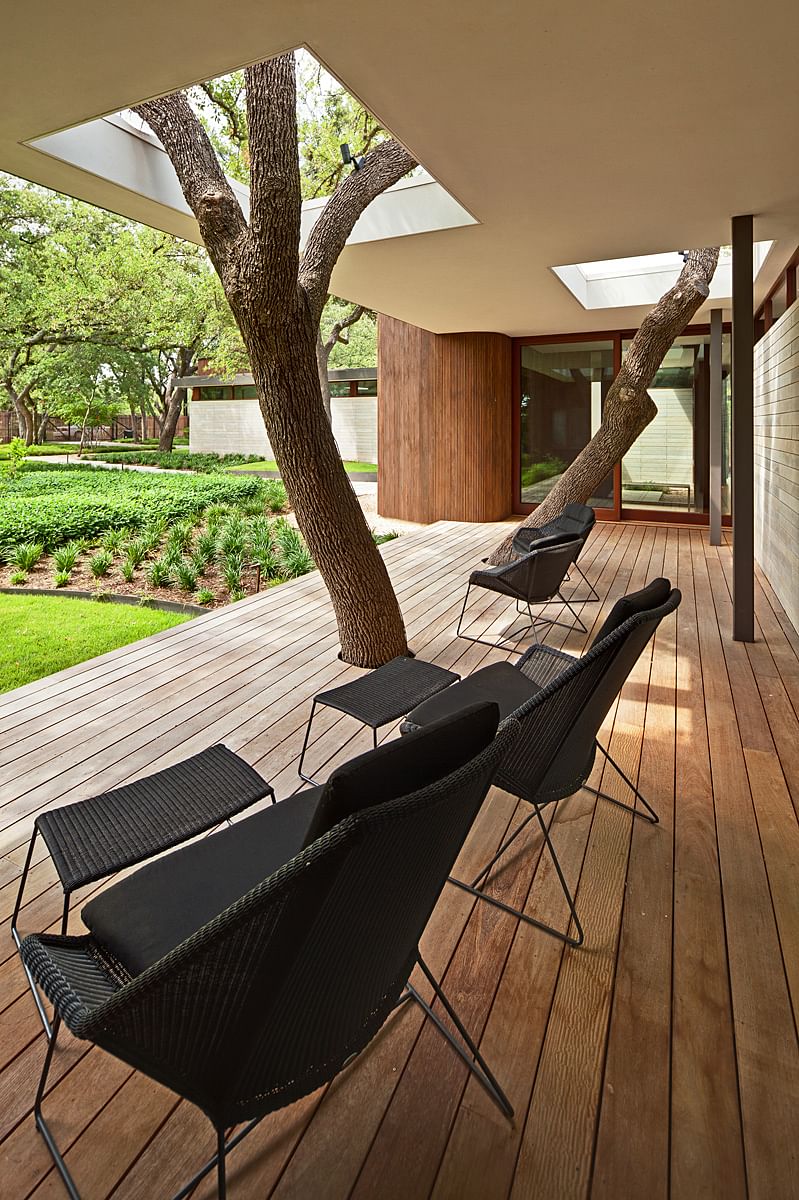
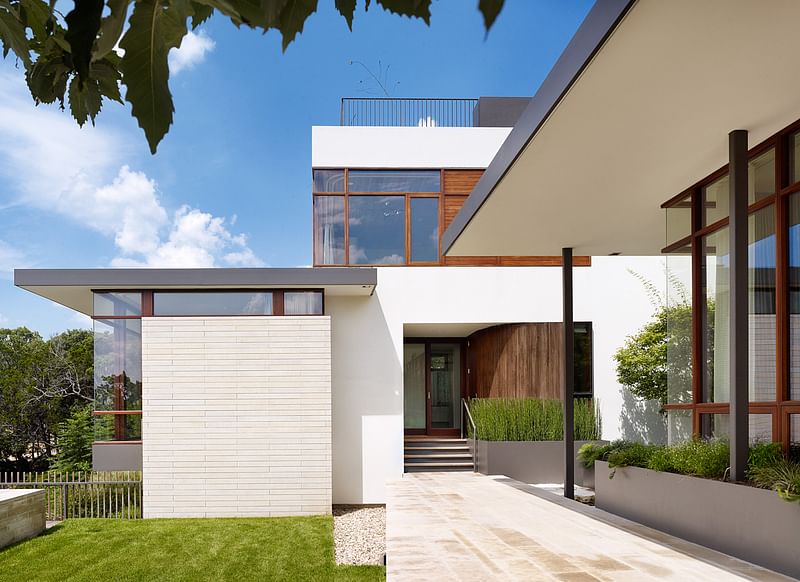
The 5,900-square-foot house emphasizes views and a dynamic spatial sequence. A rich palette of materials on the interior, including mahogany cabinetry and longleaf pine floors, combines to create a warm environment. Oriented for optimal cross-ventilation and protection from the sun without eschewing the view westward, this project also features geothermal HVAC systems, a photovoltaic array, reflective TPO roofing, cellular foam insulation, tankless water heaters, and FSC-certified and reclaimed woods. The house also takes advantage of the tree canopy to provide additional shading, and carefully placed skylights bring diffused daylight to the interior and help reduce reliance on electric lighting.
Multifamily Living
The Multifamily Housing award recognizes outstanding apartment and condominium design. Both high- and low-density projects for public and private clients were considered. In addition to architectural design features, the jury assessed the integration of the building(s) into their context, including open and recreational space, transportation options and features that contribute to livable communities.
Via Verde - The Green Way; Bronx, New York
Dattner Architects and Grimshaw Architects
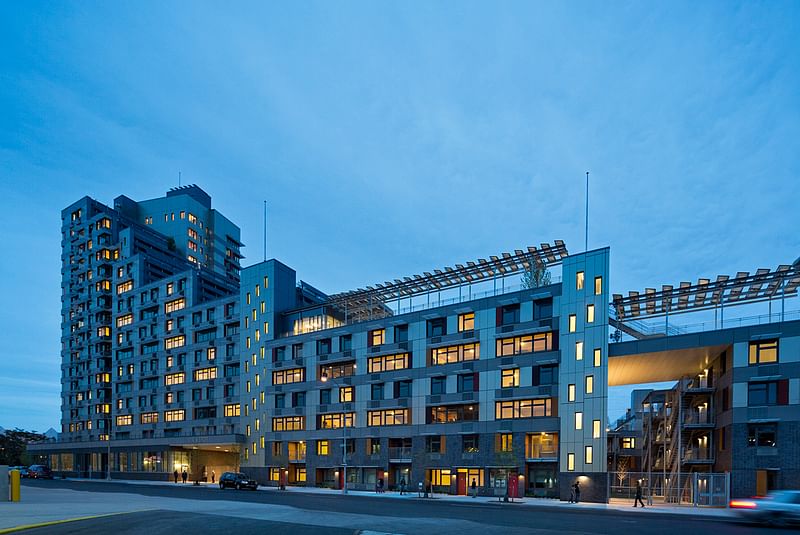
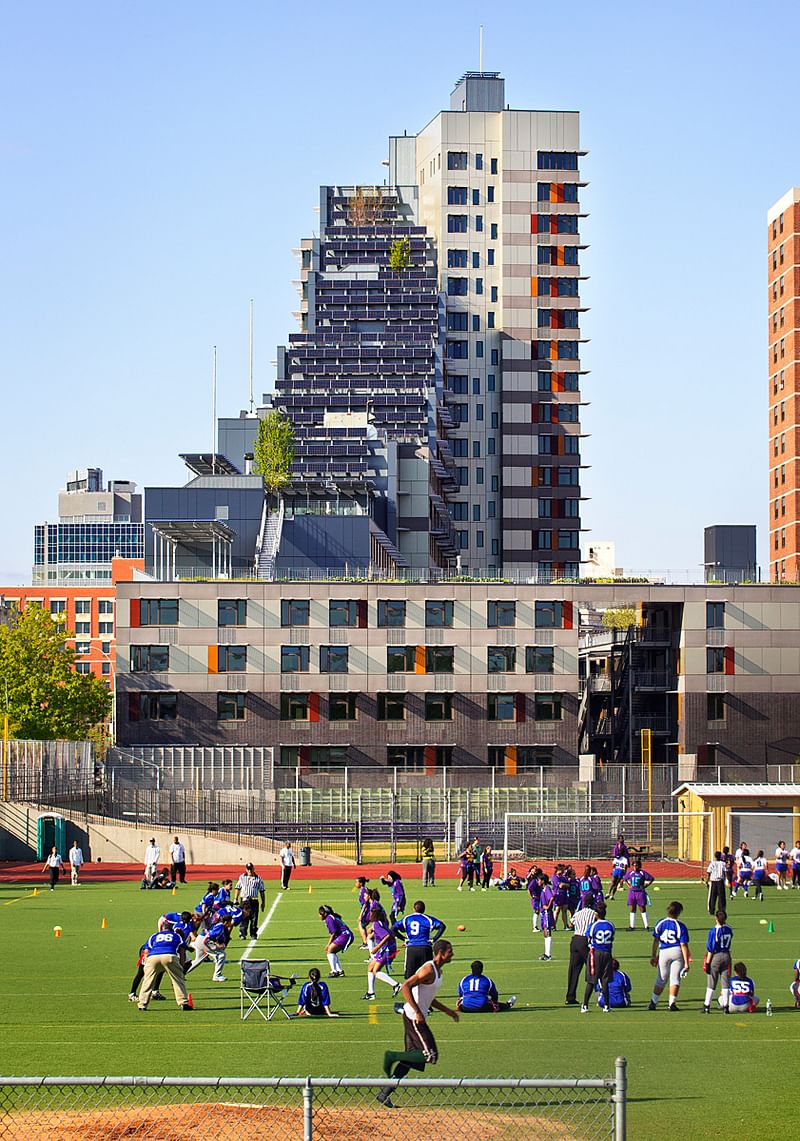
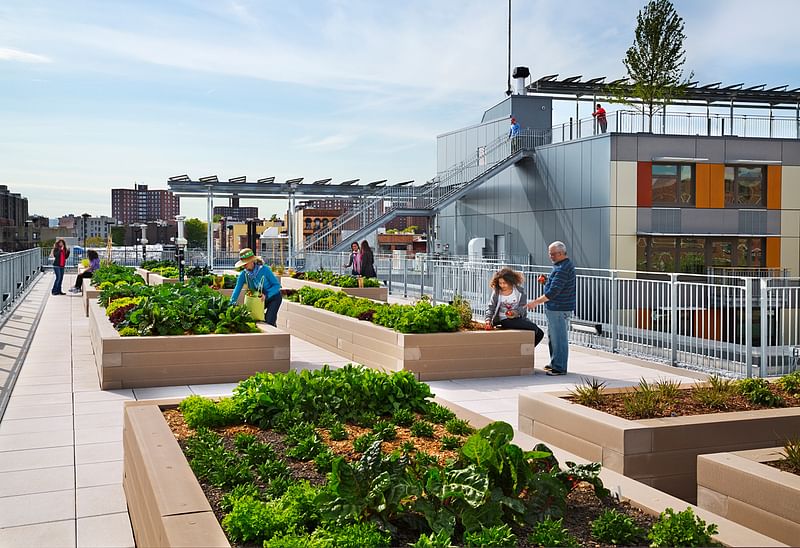
This mixed-use complex provides healthy, affordable urban living for low- and middle-income residents of the South Bronx. Built on a former brownfield site, the project comprises three building types: a 20-story tower, a 6- to 13-story midrise duplex apartment component, 2- to 4-story town houses, 222-unit complex includes. Large windows, typically on two exposures, allow cross-ventilation and provide abundant daylighting. The garden begins as a courtyard on grade and steps up through a series of south-facing roof terraces. The terraces, many of which are accessible to residents, feature a small apple orchard and plots for growing vegetables while also providing storm water control, enhanced insulation, and mitigation of the urban heat island effect. Rainwater is collected and recycled for irrigation.
Specialized Housing
The Special Housing award recognizes outstanding design of housing that meets the unique needs of other specialized housing types such as single room occupancy residences (SROs), independent living for the disabled, residential rehabilitation programs, domestic violence shelters, and other special housing.
West Campus Housing - Phase I; Seattle, Washington
Mahlum Architects
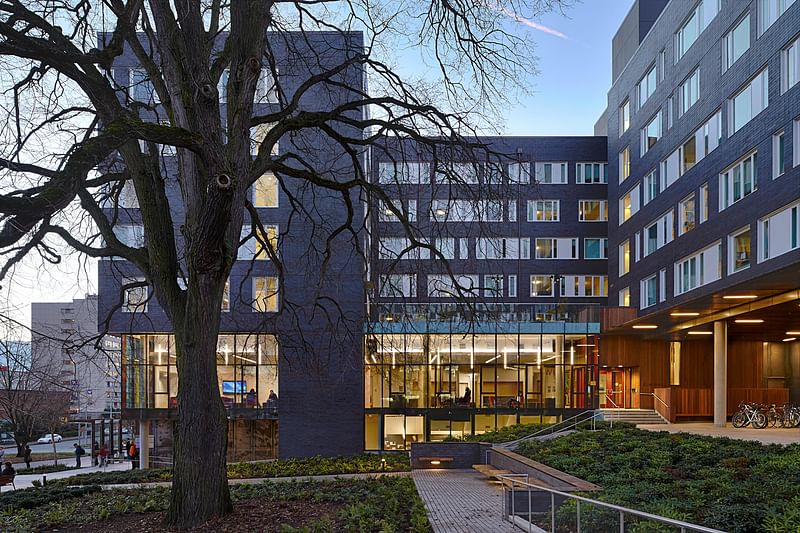
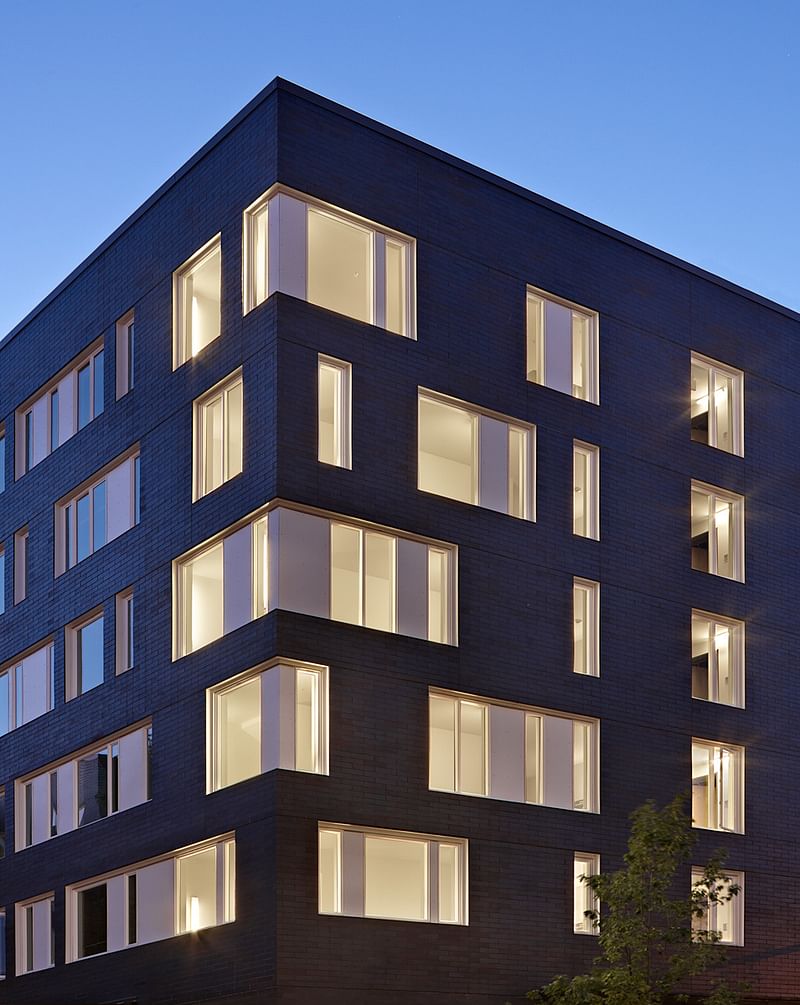
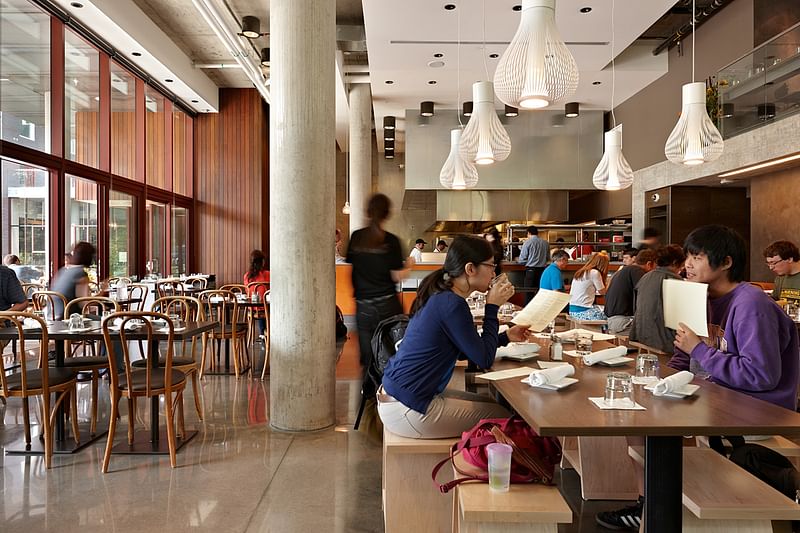
Providing housing for 1,650 students in five buildings this project is the first phase of a student housing expansion for the university. The project has created a new walkable, transit-oriented neighborhood. To ensure the project is woven into the fabric of the city, it includes a number of publicly accessible spaces, including a 116-seat restaurant, 7,000-square-foot grocery store, café, conference center, academic support center, health and wellness center, and two retail spaces. The exterior material palette was kept simple and economical: imperial-sized brick, white vinyl windows, wood, and weathering steel. Interior materials—mostly recycled, with no VOC content—were selected on the basis of reducing the energy required for shipping and manufacture.

Share
0 Comments
Comment as :